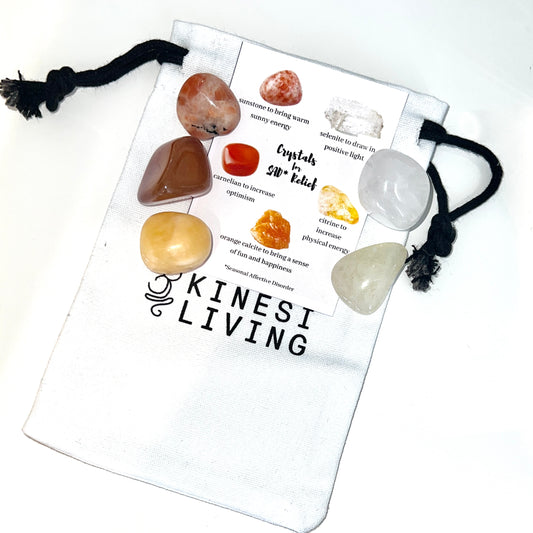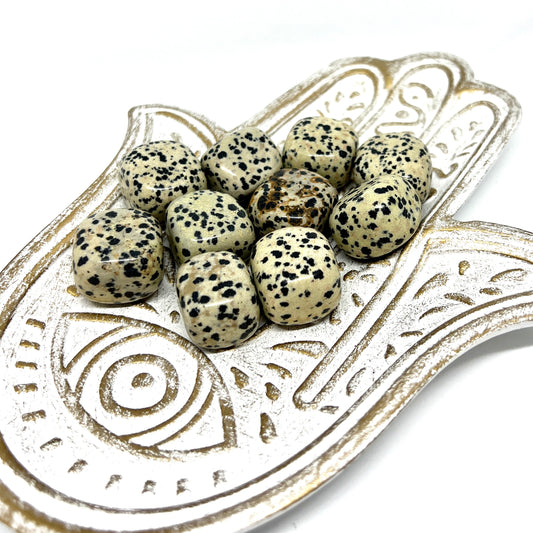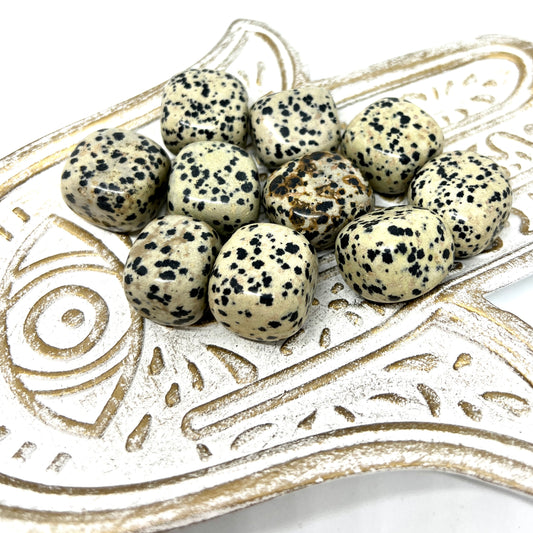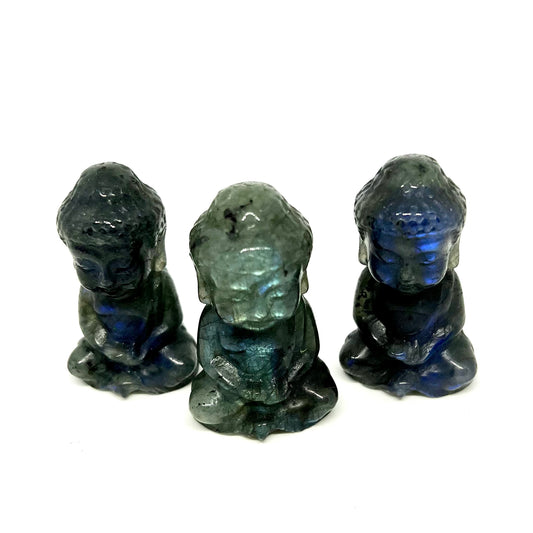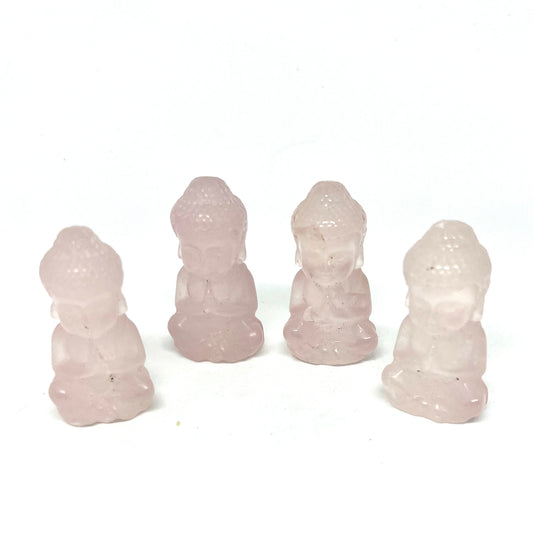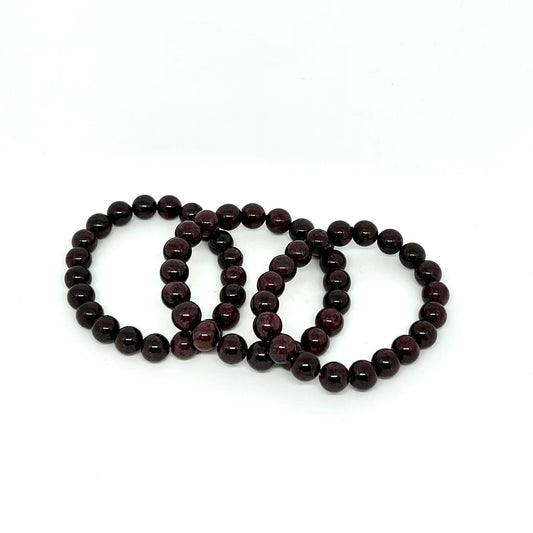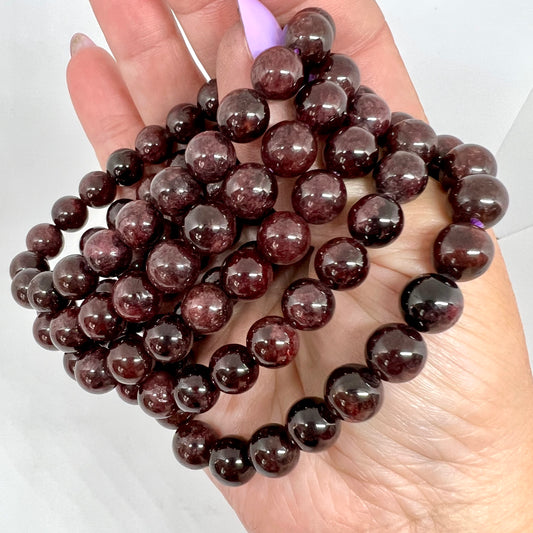
Journaling ideas
Share
Journaling is something I have struggled with for years - how, when, where, what and why? And where and how to even start?
So, I thought it would be nice to have a detailed but easy explanation of journaling and give you some ideas on how to start, or pick up from where you left off.
(FYI, I am currently using mine to write notes for a book so there are no rules, just write.)
What is journaling?
Journaling is the practice of writing down your thoughts, feelings, experiences, and observations in a personal journal or diary.
It can be done on a regular basis, such as daily or weekly, and can take many different forms, such as free-writing, bullet-pointing, or answering prompts.
The purpose of journaling is to help you gain clarity and insight into your own life, emotions, and behaviours, and to foster personal growth and self-awareness.
It can also be a therapeutic tool for managing stress, anxiety, and other mental health issues Keeping a journal helps you create order when your world feels like it’s in chaos. You can get to know yourself by revealing your most private fears, thoughts, and feelings.
Look at your writing time as personal relaxation time. It's a time when you can allow yourself to wind down.
Write in a place that's relaxing and soothing, maybe with a cup of tea.
Look forward to your journaling time. And know that you're doing something good for your mind and body.
Ready to start but not sure how? Here is are a few journaling options to ponder.
1. Stream of consciousness
Write down your thoughts as they happen. The words and thoughts don’t need to make sense, you’re just capturing your thoughts in action.
2. Dream journal
Take note of your dreams each night as a way of getting in touch with your subconscious. Remember to make your journal entries right when you wake up.
3. Gratitude journal
Before going to sleep, make a list of everything you were thankful for that day, week, or month.
4. Sketch journal
Express your feelings, thoughts, and ideas through illustrations, doodles, or sketches.
5. Day’s events journal
Keep track of your experiences throughout the day. Whether it’s making note of a funny conversation or describing a new recipe you enjoyed.
6. To-do list
Instead of keeping a running tally of to-do items in your head, write them down. You can cross things off as you complete them and get a great sense of accomplishment.
No matter which type of journal you decide to keep, remember there is no right or wrong approach. It’s all up to you. The simple act of taking the time to get in touch with your mind, body, and spirit is what’s truly important.




